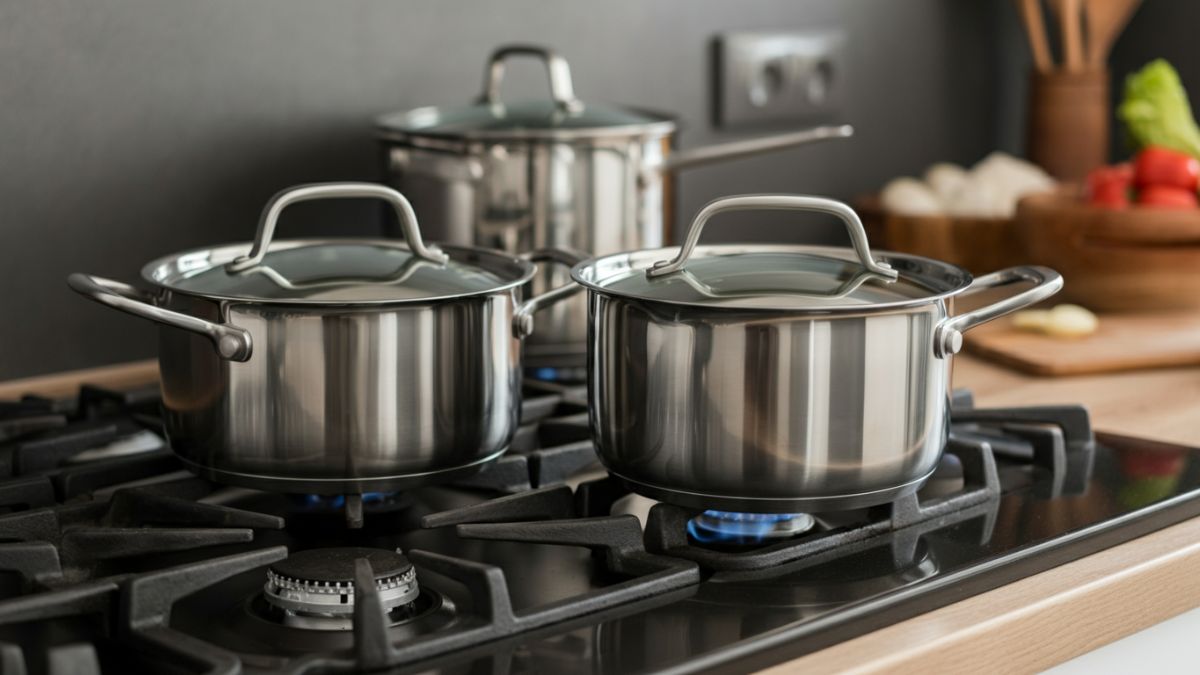Is your cookware making you sick? Why stainless steel is safer to prepare food

From cancerous non-stick pans to the processed foods we stock, it almost seems our kitchens are turning into veritable death traps. While there is raised awareness about brands and ingredients, most people don’t bother much about what our food is cooked in.
The truth is, the cookware we use matters more than we think. There’s a critical need for stricter due diligence around all materials that come in contact with food. In recent years, doctors and food experts have raised concerns about hidden dangers inside our kitchens — metals that break down under heat, cookwares that release harmful toxins, or even coatings that peel with use.
Some cookware, especially low-cost ones made from aluminium or cheap alloys, can leach toxic substances into your food. These include lead, cadmium, and even arsenic in some cases. When heated, these metals slowly mix with oil and food, especially during frying or boiling. Recent tests showed that many such utensils sold in local markets were far beyond safety limits.
Increased evidence points out how stainless steel could be the safest. Regulatory bodies from India to the US vouch for it. For example, a 2022 advisory by the US FDA found 27 out of 40 aluminium cookware let off lead beyond safe limits. And the World Health Organisation has already warned that lead poisoning leads to 15 lakh deaths every year.
Recently, the FDA updated its warning on cookware risks, and India’s own Food Safety and Standards Authority (FSSAI), along with the Bureau of Indian Standards (BIS), has issued guidelines on metals in contact with food. Multiple Indian and international regulators have noted that aluminium utensils should ideally be replaced every 1–2 years due to degradation. While this isn't always codified in one guideline, it’s supported by consumer advisories and expert statements.
What makes stainless steel a better alternative?
This is because stainless steel does not react with heat, oil, or acids. It is stable, strong, and safe. That is why it is used in sensitive and critical sectors such as hospitals, food factories, and even baby care products.
Also, aftertaste. Have you noticed a strange aftertaste in dishes made with tamarind, lemon, or tomatoes? That is because some metals react with acids in your food. However, Stainless steel, it is claimed, does not soak in flavours or change the taste of your food.
And it could be good for the environment, too. Stainless steel is recyclable and can be melted and reused many times. As per studies, around 95 percent of stainless steel is recycled once it reaches the end of its life.
Health